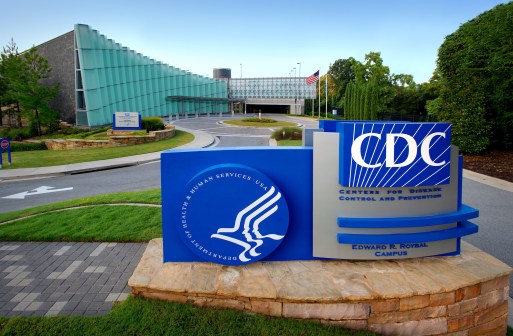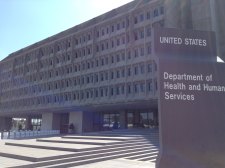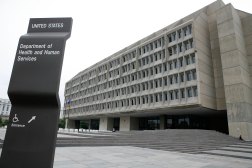CMS data sharing critical to flood of apps for Medicare beneficiaries

About 1,400 developers are working on new applications to serve seniors and the medically vulnerable since the Centers for Medicare and Medicaid Services launched Blue Button 2.0 in early 2018.
The application programming interface lets Medicare’s 72 million beneficiaries grant app developers access to their medical records. And it’s part of a broader effort by CMS to improve patient and private sector access to health care data, CIO Rajiv Uppal said Wednesday at an ACT-IAC event.
CMS can use the data to determine which Medicare benefits and services beneficiaries use most, least and too much—as well as how demographics play into that, Uppal said.
“We are obviously on a journey to improve health care, and technology and sharing of data underpin [everything],” Uppal said. “Without data to track patient progress or understand quality, insurance companies cannot tie payments to outcomes.”
For that reason, CMS also made Medicare Advantage data available to researchers, Uppal said.
To support API capabilities and improve patient access to their own medical data, CMS required clinicians and hospitals to adopt the 2015 edition of certified electronic health record technology, Uppal said.
Constant outreach to business partners within CMS has been important to ensuring everyone is on the same page, he said.
“What we are trying to do is change our culture internally, so we encourage our partners within CMS to practice some of the more modern IT practices—things like using human-centered design,” Uppal said.
The agency used to conduct engagement reviews, but those tended to discourage development of more robust applications. Instead, they lead to a “tremendous amount” of “shadow IT,” Uppal said, “where people just built systems and never let you know.”
As a result, situational reviews were done away with and an enablement-focused governance model put in place.






